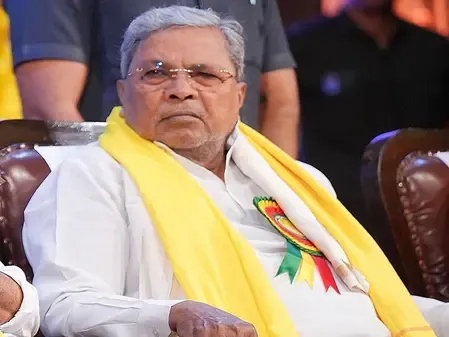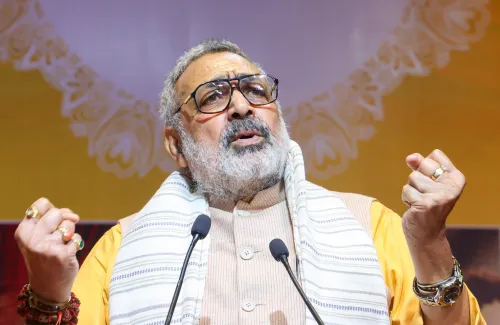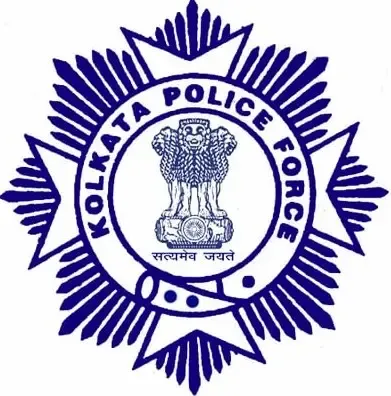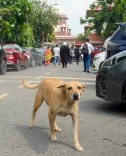Has the Fuel Ban on Overaged Vehicles Been Postponed?
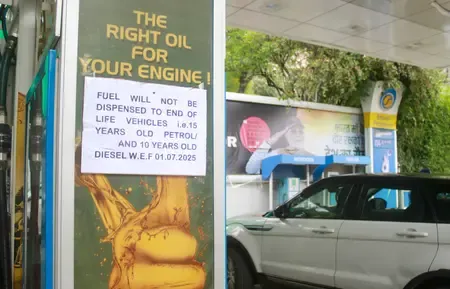
Synopsis
Key Takeaways
- Phased ban on refuelling EoL vehicles to begin November 1, 2025.
- Vehicles older than 10 years (diesel) and 15 years (petrol) are affected.
- Legal action will be taken against non-compliant vehicles identified by ANPR.
- The CAQM's directive is crucial for improving air quality.
- Stakeholders must ensure compliance and effective enforcement.
New Delhi, July 8 (NationPress) In a notable policy transformation designed to combat vehicular pollution in the National Capital Region, the Commission for Air Quality Management (CAQM) has revised its previous directive concerning a phased prohibition on refuelling End-of-Life (EoL) vehicles.
The updated order, released on July 8, addresses operational issues highlighted by the Delhi government and establishes a new timeline for implementation across Delhi and five densely populated NCR districts.
According to the revised Direction No. 89, the refuelling of EoL vehicles—characterized as diesel vehicles older than 10 years and petrol vehicles exceeding 15 years—will be banned starting November 1, 2025, in Delhi, Gurugram, Faridabad, Ghaziabad, Gautam Budh Nagar, and Sonipat. The prohibition will be extended to the remaining NCR districts from April 1, 2026.
Vehicles identified via Automated Number Plate Recognition (ANPR) systems or other methods will face legal consequences, including impounding and disposal in accordance with the Registered Vehicle Scrapping Facility (RVSF) Rules, 2021, and other relevant state government policies plus those of the Government of the National Capital Territory of Delhi (GNCTD).
This decision arises following a comprehensive review of challenges presented by the Delhi government, such as technological constraints within the ANPR system, the absence of integration with the databases of neighboring states, and concerns about legal consistency as per the Motor Vehicles Act, 1988.
Officials cautioned that a disjointed rollout could potentially foster fuel smuggling from surrounding districts. The Transport Departments of the GNCTD and NCR states are tasked with ensuring the effective installation and operation of ANPR systems. They must carry out timely system trials, train staff, and communicate the directive broadly among stakeholders, including fuel station operators, to guarantee strict compliance through stringent enforcement.
All organizations involved in the phase-out of EoL vehicles must provide monthly progress reports to the Commission, outlining steps taken towards fleet liquidation. Despite the concerns raised, the Commission reaffirmed its dedication to enforcing Supreme Court and National Green Tribunal (NGT) orders, which have consistently supported the ban on overaged vehicles in the NCR.
The CAQM stressed that EoL vehicles continue to pose a significant threat to air quality and public health, and that enforcement must be executed with urgency. This directive signifies a crucial advancement in Delhi-NCR’s ongoing efforts against air pollution, with the CAQM asserting that compliance will be obligatory and closely scrutinized.


